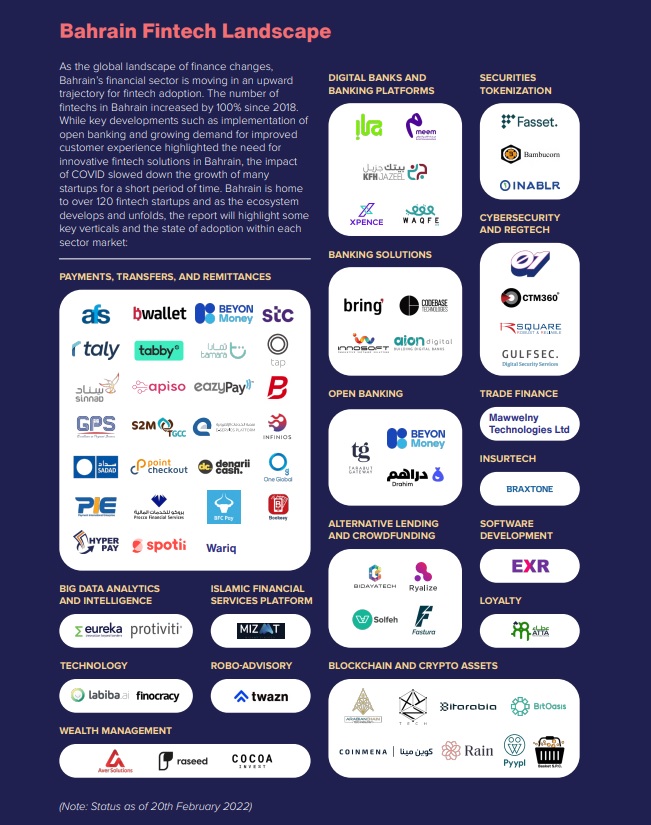
The collaboration positions Ripple as a key partner in Bahrain’s ambition to deepen its role in blockchain-driven finance. Ripple will offer BFB access to its stablecoin, Ripple USD, and custody infrastructure for local financial institutions. Reece Merrick, Managing Director for Middle East & Africa at Ripple, described the Kingdom as “an early adopter of blockchain technology” and affirmed Ripple’s intent to help build foundational digital-asset capabilities. Suzy Al Zeerah, Chief Operating Officer at BFB, emphasised that the alliance aims to link global innovators with Bahrain’s domestic fintech ecosystem through pilot support, talent development and solution showcasing.
Ripple’s move aligns with its broader growth trajectory in the Middle East. Earlier this year, it secured a license from the Dubai Financial Services Authority, becoming the first blockchain-enabled payments provider licensed under those regulations. The company also recently formed partnerships with UAE institutions including Zand Bank and Mamo to expand blockchain-based cross-border payments in the UAE.
A critical pillar of Ripple’s enterprise offering is the integration of RLUSD into its payments network. The stablecoin has become a central vehicle for bridging fiat and digital-asset flows, particularly across borders. Ripple’s 2025 “New Value” report indicates that RLUSD is now integrated into Ripple Payments, increasing its appeal to corporates seeking faster, compliant international transfers.
At Fintech Forward 2025, delegates are debating how fintech can shift from experimentation to mature integration. With the theme of “from what’s next to what works”, the event highlights the imperative for infrastructure, regulation and sustainable business models. In regional panels, Bahrain is being celebrated as an emerging hub for digital-asset regulation and innovation, with speakers citing its forward steps in ecosystem building.
Ripple’s participation at Fintech Forward allows it to more visibly engage regulators, banks and fintechs. The company plans to showcase its cross-border payment rails, custody offerings and tokenization use cases to a relevant audience. The timing dovetails with Bahrain’s strategy to attract crypto firms and investment managers: the Kingdom is reportedly in talks with over 50 financial services firms, many of which focus on crypto or asset management.
For Bahrain Fintech Bay, the partnership fills a strategic need. BFB acts as a bridge between government agencies, global innovators and local startups, and this collaboration offers a pathway to accelerate blockchain pilots, education and institutional engagement. Suzy Al Zeerah framed the venture as part of BFB’s mission to “shape the future of finance” by linking the local fintech talent pool to global platforms and projects.
Among challenges will be regulatory harmonisation, risk management and adoption momentum. A key factor will be how regulators in Bahrain treat stablecoins and tokenised assets in practice. Equally, financial institutions will need to evaluate custodial risks, compliance frameworks and integration costs. Ripple’s decades of work in bridging traditional finance and digital assets may give it a competitive edge, but execution at the local level will be crucial.
Topics
Bahrain
